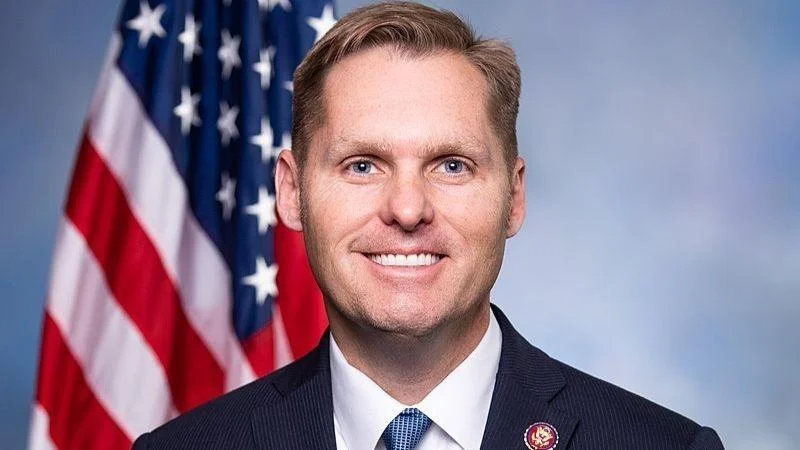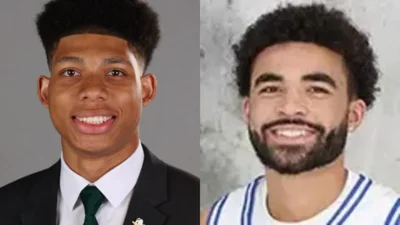Rep. Michael Guest, U.S. Representative for Mississippi's 3rd District | Congressman Michael Guest Official U.S. House Headshot
Rep. Michael Guest, U.S. Representative for Mississippi's 3rd District | Congressman Michael Guest Official U.S. House Headshot
On Wednesday, the Committee on Homeland Security approved H.R. 9459, known as the "Producing Advanced Technologies for Homeland Security Act" or "PATHS Act," with a unanimous vote. This legislation was introduced by Congressman Michael Guest from Mississippi and Congressman Glenn Ivey from Maryland.
The PATHS Act aims to grant the Department of Homeland Security (DHS) authority to enter into other transaction agreements (OTAs). These agreements allow DHS to collaborate with non-traditional contractors such as small business innovators and public universities for research and development or prototype projects.
Congressman Guest highlighted various potential applications of this authority, stating, “From prototypes to help CBP detect threats and illicit goods hidden inside vehicles at the border, to research to adapt machine learning practices that can identify supply chain anomalies to prevent the importation of goods that rely on forced labor, to a project conducted by the University of Mississippi to develop sensors for unmanned maritime vehicles for DHS and United States Coast Guard use – the applicability and usefulness of this authority cannot be overstated."
Guest also emphasized the importance of reauthorizing this authority before it expires on September 30th.
Congressman Ivey expressed his satisfaction with the committee's decision: “I am pleased that the Homeland Security Committee has unanimously passed the bipartisan PATHS Act. This bill will enhance the Department of Homeland Security’s ability to develop cutting-edge solutions to strengthen our homeland security,” he said. He also thanked Congressman Guest for his collaboration on this legislation.
The bill proposes reauthorizing DHS's use of OTAs until 2027. It includes provisions requiring DHS to notify Congress about any uses or extensions involving artificial intelligence technology. To improve transparency, it lowers the threshold defining a 'covered contract award' under the DHS Contract Reporting Act from $4 million to $1 million, necessitating public reporting of transactions valued at $1 million or more.
Congressman Michael Guest represents Mississippi’s Third Congressional District and is currently serving his third term. He is Chairman of the Committee on Ethics and a member of both the Committee on Appropriations and Committee on Homeland Security.




 Alerts Sign-up
Alerts Sign-up